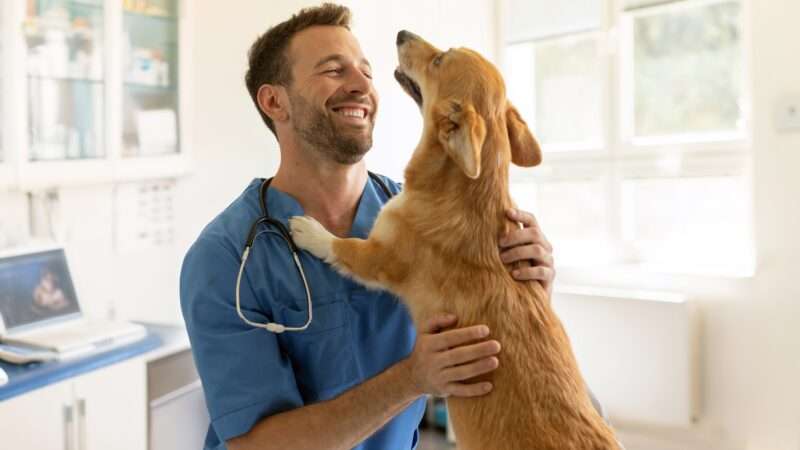Colorado Votes To Let More People Provide Veterinary Care

Colorado is set to pass Proposition 129, with 72 percent of votes counted at the time of posting. Proposition 129 establishes a new, legally recognized and regulated class of veterinary care providers known as veterinary professional associates (VPAs).
Before the passage of the proposition, only licensed veterinarians, veterinarian technicians, and veterinarian technician specialists were legally permitted to administer veterinary care in Colorado. Once Proposition 129 is adopted, the Colorado State Board of Veterinary Medicine will be required to recognize VPAs, determine what kind of care they may practice, establish the level of supervision required, and specify any additional credentials beyond a master’s degree in veterinary clinical care.
Proposition 129 states that VPAs “may perform tasks that are within the individual’s advanced education and training,” providing the profession a broad scope of practice. The proposition adds that the “full scope of practice may be determined by the state board,” leaving the door open to regulatory capture by the three pre-existing veterinary care providers that may fear competition.
If competition does increase, consumers will benefit from the expansion of the supply of veterinary care providers. Jeffrey Singer, senior fellow at the Cato Institute, reports that “a shortage of up to 24,000 companion-animal veterinarians will likely still exist by 2030,” which will contribute to pet health care spending increasing by three to four percent in real terms over the next decade. Expanding the pool of pet care professionals to include VPAs is a simple way to reduce this shortfall.
Arguments against the proposition are threefold, according to the Colorado General Assembly: The proposition’s “education and training requirements are vague,” “there are currently no academic programs for this profession in Colorado,” and “a new and untested profession could increase risk for animals.”
First, the proposition’s vagueness is more of a boon than a flaw, allowing more VPAs to qualify and practice, unlike a version that would impose numerous and arduous requirements for certification.
Second, although there’s not yet an academic program for veterinary professional associates in the state, the Colorado State University College of Veterinary Medicine and Biomedical Sciences is developing a Master’s Degree in Veterinary Clinical Care, which would train clinicians to “diagnose animal medical concerns,” “perform routine surgeries,” and “order and perform tests and procedures,” writes Singer. The first cohort is expected to matriculate in fall of 2025. Moreover, VPAs can obtain their degree elsewhere and return to Colorado—for example, the Lincoln Memorial University College of Veterinary Medicine in Tennessee already offers a Master of Veterinary Clinical Care degree.
Finally, if hospitals trust physician assistants, nurse practitioners, and other non-M.D. medical professionals to take care of humans, animal hospitals ought to be able to follow suit and add VPAs to complement other pet care professionals.
Though the American Veterinary Medical Association opposes veterinary professional associate credentialing, their opposition can safely be attributed to rent seeking more than genuine concern for the wellbeing of animals. Proposition 129 will reduce Colorado’s shortage of veterinary care providers, reduce prices, and increase the quality and timeliness of pet care.
The post Colorado Votes To Let More People Provide Veterinary Care appeared first on Reason.com.
